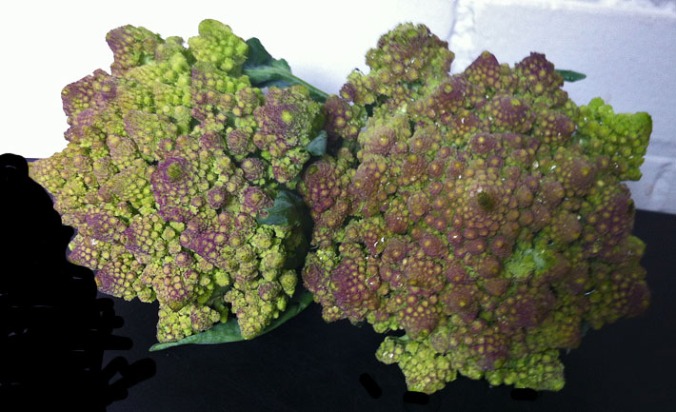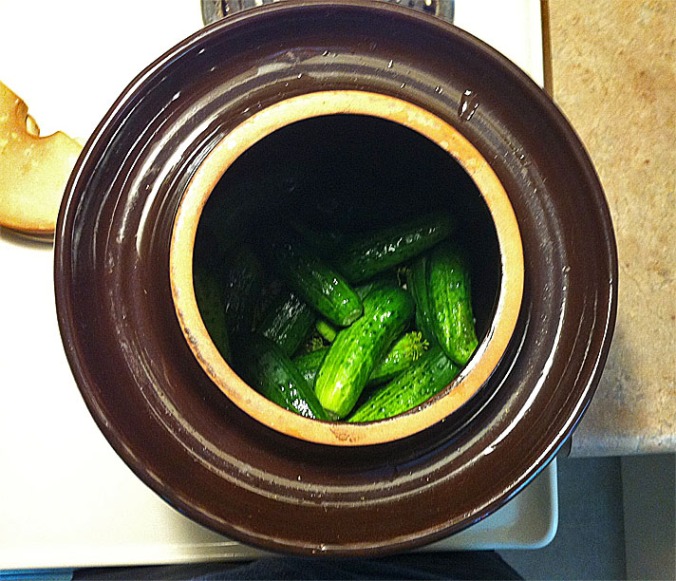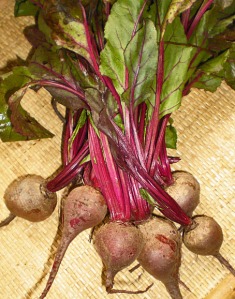Imagine having to walk more than a kilometre to your nearest grocery store just to buy an apple, or worse, having to resort to convenience stores to buy fresh food. This is what living in a “food desert” is like. And if you think that this only happens in inner city America, then think again. Food deserts exist all over Canadian cities too, such as London, Ottawa, Vancouver and even Toronto.
The implications of not having fresh, affordable and accessible food are widespread from developing chronic diseases like diabetes and obesity to learning difficulties in developing children.
But with land prices soaring and urban density rising, some areas still do not have suitable access of fresh food in the form of grocery stores and small produce vendors.
Some innovative solutions for this food security dilemma include a pilot project by FoodShare to bring Food Trucks supplied with fresh produce into food desert neighbourhoods. And of course during the summer months many neighbourhoods are lucky to have farmers markets.
An interesting study by Kristian Larsen and Jason Gilliland, researchers from U of T and Western respectively, looked at the opening of the London Farmers’ market (an all year round market) in an area where there was a significant population of lower income families. They concluded that the “introduction of a farmers’ market in a food desert increased the availability of healthy food and lowered the overall food costs for households in the neighbourhood”. Not only was the availability increased but the variety and range of fresh produce increased as well.
Farmers markets are good for the community and send a message to our politicians that buying local matters!

http://www.theheal.ca/uploads/pdf/LarsenGilliland_2009_FarmersMarketFoodDesert.pdf




You must be logged in to post a comment.